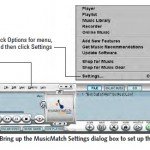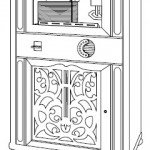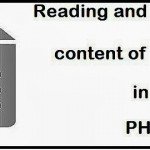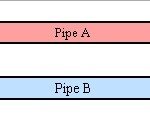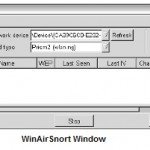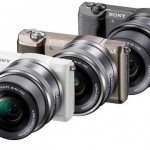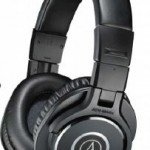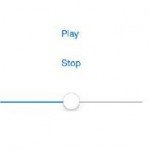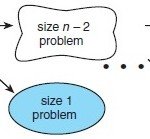Sound, Compact Disc, and MP3 Compression
High-quality, uncompressed sound files are big. A CD holds about 650MB of data, equivalent
to a little more than an hour of music. If your jukebox were as modest as the equivalent of ten CDs, you’d need close to 7GB of disk space to store those files directly. Our collection of
CDs a small one at that numbers well over 300, so we’d need nearly 200GB to store the
entire collection in uncompressed files. People who are really serious about their music collections are likely to have thousands of discs. Given those figures, you have two practical choices for how you store music:
- Store uncompressed sound files, using lots of hard disk storage
- Store compressed sound files on CD, DVD, or hard disk
Storing uncompressed sound files, eliminating the time and work to compress the files, isn’t as absurd as it would have been a few years ago because hard drives have become ridiculously large and cheap.When we wrote this, for example, CompUSA ran a promotion offering a 200GB drive for $200. That was an amazing price at the time about half the normal value but the example shows how dramatically prices are coming down for large drives.
MP3 Compression and File Sizes
Huge disk farms aren’t yet practical for large music collections, so the best option for most people
will be to compress raw sound files from CD using MP3 or another algorithm, getting
huge reductions in size in exchange for relatively small reductions in sound quality. You measure
the severity of the compression applied to an MP3 sound file by the average bit rate at
which player software consumes the file on playback, with higher-quality sound corresponding to higher data rates.
Table 1 shows some of the higher rates used in MP3 files. The 128 Kbps (kilobits per second) rate is the most commonly used of those shown, but you’ll hear a noticeable degradation.
in quality. The higher rates, which still give file sizes better than four times smaller than the
raw, uncompressed files you can extract from CD, significantly improve the quality. You’ll want to experiment with different compressed file bit rates to discover the best choice of bit rate versusfile size for your sound card and stereo system.
Table 1. MP3 Bit Rates and Compression Factors

In our testing, we decided that 256 Kbps offered the best compromise between sound quality and file size.Table 2-2 shows the file sizes we produced for Led Zeppelin’s “Stairway to Heaven” (track 4 on the Led Zeppelin CD) and confirms the compression ratios shown in
Table 2-1.
Table 2. File Sizes for Stairway to Heaven (duration 7:55)
These are interesting results, because they show that you can put a lot of high-quality music
into a relatively small space.Table 2-3 makes this conclusion explicit, showing how many hours of compressed music you can store on a CD, on a 4.7GB DVD, and in 10GB of hard disk
space.

